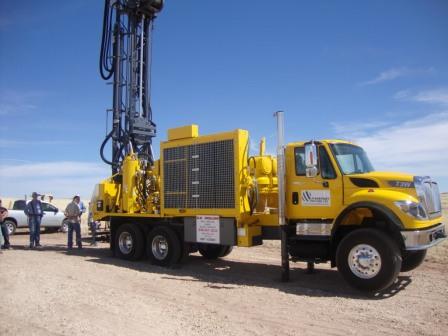
Food, these days, is headline news. The 2007 Mexican tortilla riots, which came after a sudden and sharp rise in the price of corn, seemed an isolated incident at the time, but were actually the beginning of something much larger. From Algeria increasing wheat supplies after food riots in that country, to to the suicide of a Tunisian fruit seller sparking a revolution, what we eat and how much we pay for it has become political.
The prices we now pay for most any food item are, by most accounts, higher than they have ever been. The UN’s Food and Agriculture Organization reported that in February their Food Price Index rose for the eighth consecutive month.
So where is this heading? Last month, The Economist speculated that food production “will have to rise by 70% by 2050 to keep pace with population growth, the explosion of developing countries’ megacities and the changes in diet that wealth and urbanization bring.”
Canada has not experienced food riots, but one word puts us squarely into the center of any story concerning food worldwide: potash. Potash, a mined salt that is especially high in potassium, is used to improve the nutrient value, yield and water retention of most any crop. The price of potash has skyrocketed of late, from under $100 a ton in 2004 to near $500 a ton today. Much of the rise in the price of potash is because of China. China, the world’s largest consumer of potash, has twenty-two per cent of the world’s population but less than ten per cent of its arable land. Canada, as anyone who followed the BHP Billiton saga lay out on parliament Hill will know, is the world’s largest producer of potash.
Just months ago, Vancouver’s Passport Potash (TSXV:PPI), a company based in Vancouver but acquiring properties in the US, might have seemed an unlikely candidate to factor in the potash story. Passport, as late as three quarters ago, was almost comically under capitalized. The company’s financial statements for the quarter ended May 31st of last year showed a cash position of just $291. Still, Passport owned mineral property options in The Holbrook basin of Arizona, a shallow Potash deposit in Navajo County Arizona that was first identified in the 1960’s, but never developed due to low Potash prices at the time.
In late December Passport intercepted Potash on its first drill hole at Twin Buttes Ranch, an area that had never been drilled before. The success the company had in Arizona turned a proposed $5 million private placement in January into $7 million offering that was completed in February. Passport now controls over 70,000 acres of land in the Holbrook Basin, an area it estimates could contain 2.5 billion tons of potash. Shares of Passport, which could be had for $.06 on October 22nd of last year, hit a high of $.98 on February 25th.
Recently, BMO Capital Markets analyst Joel Jackson told the Financial Post that Passport is part of a larger phenomenon in which “the most speculative, early-stage (potash) companies are performing the best.” Jackson suspects some juniors will ultimately disappoint as more information becomes available about their properties while others will become takeover candidates.



 Follow us on Twitter
Follow us on Twitter Become our facebook fan
Become our facebook fan











Comments are closed.